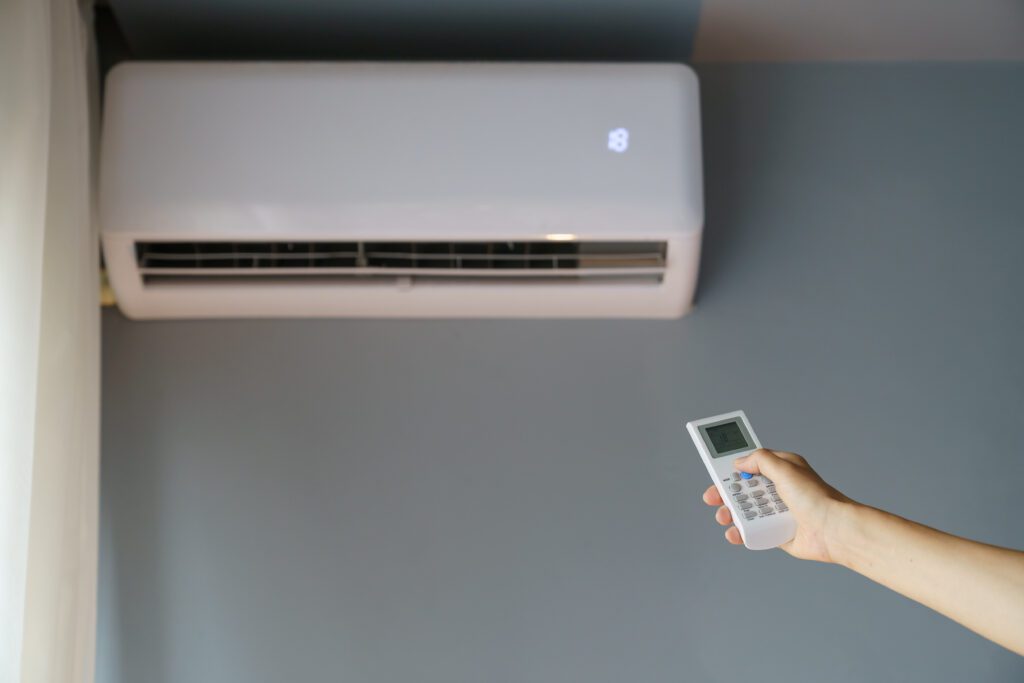Maintaining an air conditioning system is vital for ensuring comfort in your home, especially during those sweltering summer months. Effective AC repair can save homeowners not only time but also a significant amount of money. In this article, we will explore essential knowledge about your AC system, common problems, time-saving lifehacks, money-saving tips, and how to choose the right repair service.
Understanding Your AC System
To effectively maintain and repair your air conditioning system, it’s crucial to understand its fundamental components and functionality. Having this knowledge not only empowers you but also helps you make informed decisions during repairs.
Key Components of an AC System
Your air conditioning system is composed of several key components, each playing a significant role in its operation. The main parts are:
- Compressor: This component pumps the refrigerant and compresses it to raise its temperature.
- Condenser Coils: Here, the refrigerant releases heat to the outside air, turning from gas back to liquid.
- Evaporator Coils: Inside your home, these coils absorb heat from the indoor air, cooling it as it passes through.
- Expansion Valve: The expansion valve regulates the flow of refrigerant, lowering its pressure before it enters the evaporator coils.
- Fan: It circulates air over the condenser and evaporator coils, ensuring proper heat exchange.
Understanding these components helps in diagnosing issues and determining the best course of action for any necessary repairs. Additionally, recognizing the signs of wear or malfunction in these parts can save you from costly repairs down the line. For instance, if you notice a decrease in cooling efficiency, it might indicate that your compressor is struggling or that your evaporator coils are dirty and need cleaning.
How Your AC System Works
The operation of an air conditioning system follows a cycle that involves the continuous flow of refrigerant through both the indoor and outdoor units. The process begins when the thermostat signals the system to cool down the air.
The compressor compresses the refrigerant gas, raising its temperature and pressure before pushing it into the condenser coils. Here, it releases heat into the outdoor air and transforms into a liquid.
This liquid refrigerant then travels to the expansion valve, where its pressure drops, allowing it to cool down before entering the evaporator coils. Inside the evaporator, it absorbs heat from your home as it changes back into a gas. The fan then blows cool, conditioned air back into your space, completing the cycle. Understanding this cycle is essential, as it highlights the importance of regular maintenance. For example, ensuring that your condenser coils are clean and free from debris can significantly enhance the efficiency of the heat exchange process, leading to lower energy bills and a longer lifespan for your AC unit.
Moreover, the efficiency of your air conditioning system can also be affected by external factors such as insulation and airflow. Proper insulation in your home can minimize the workload on your AC system, while ensuring that vents are unobstructed allows for optimal airflow. Therefore, maintaining not just the AC unit itself but also the environment in which it operates is vital for achieving maximum comfort and efficiency.
Common AC Problems and Their Symptoms
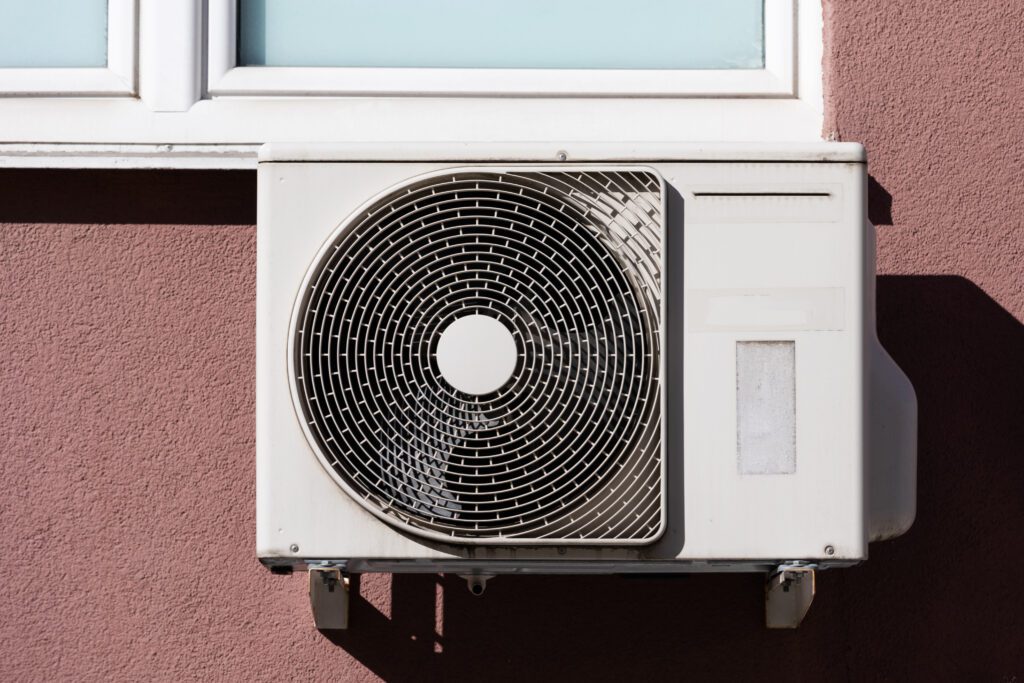
While air conditioners are designed to last, various issues may arise over time. Recognizing the symptoms of these common problems can lead to timely repairs, preventing further damage and costly repairs down the line.
Leaking Refrigerant
A refrigerant leak is one of the most common issues that can affect your AC unit. If you notice reduced cooling performance or hear hissing sounds, your system may be low on refrigerant. A refrigerant leak not only impacts efficiency but can also lead to compressor failure if not addressed promptly. Additionally, low refrigerant levels can cause the evaporator coil to freeze, further hindering the cooling process and potentially leading to more extensive repairs. Regular maintenance checks can help identify these leaks early, ensuring your system operates at peak performance.
Sensor Problems
Air conditioning systems rely on sensors to detect temperature and manage system functions. If your unit frequently cycles on and off or fails to maintain the set temperature, it could be due to a faulty sensor. This problem can lead to uncomfortable conditions in your home and increased energy bills. Moreover, a malfunctioning sensor can cause the system to overwork, which may result in premature wear and tear on various components. Ensuring that sensors are clean and properly calibrated is essential for maintaining optimal performance and energy efficiency.
Drainage Issues
Clogged drain lines can lead to water accumulation, potentially damaging your unit and creating a breeding ground for mold. Signs of drainage issues include water leaks or excessive moisture around the indoor unit. Addressing these promptly can mitigate further damage. It’s important to regularly inspect and clean the condensate drain line to prevent blockages, which can be caused by dirt, algae, or other debris. Additionally, installing a float switch can provide an extra layer of protection by shutting off the system if water backs up, helping to prevent extensive water damage and costly repairs.
Time-Saving AC Repair Lifehacks
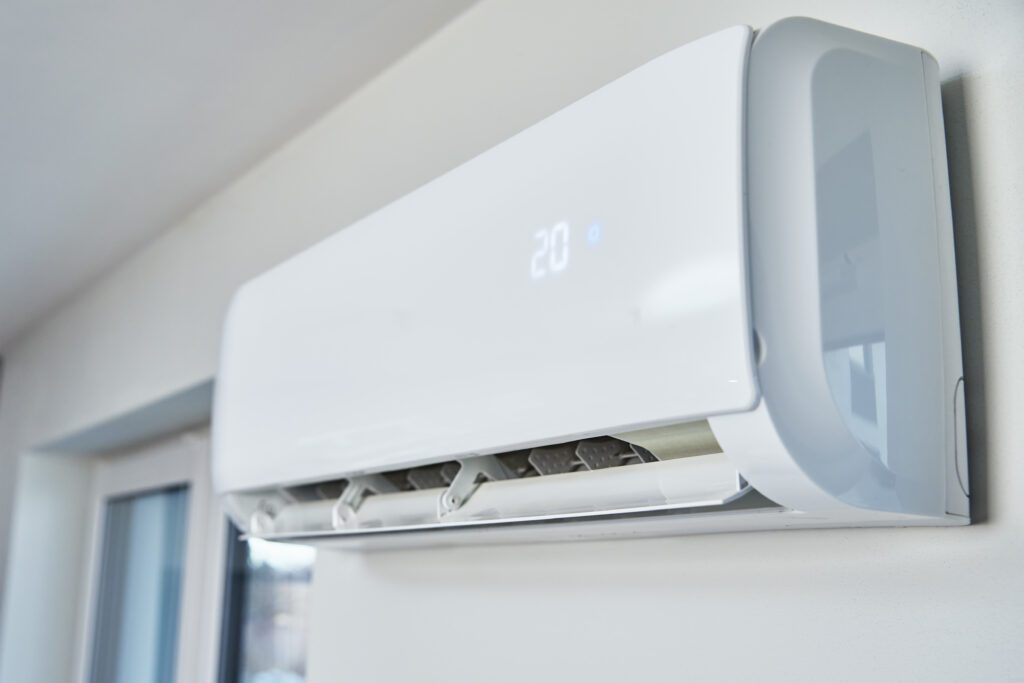
Knowing a few time-saving tips can simplify your AC maintenance routine and potentially save you from more significant repairs in the future.
Regular Maintenance Tips
Implementing a regular maintenance schedule can significantly extend the life of your AC system. Here are some effective practices:
- Check Filters Monthly: Dirty filters can restrict airflow, reducing efficiency. Clean or replace them regularly.
- Clear the Condenser Unit: Ensuring the area around your outdoor unit is free of debris allows for optimal airflow.
- Schedule Professional Inspections: At least once a year, have your system thoroughly inspected by professionals to catch potential issues early.
By adopting these regular maintenance practices, you can avoid many common problems and save time on repairs. Additionally, consider investing in a programmable thermostat. This device allows you to automate temperature adjustments based on your schedule, ensuring your home remains comfortable without overworking your AC system. Not only does this enhance energy efficiency, but it also reduces wear and tear on your unit, ultimately prolonging its lifespan.
Quick Fixes for Common Problems
Being able to perform quick fixes on minor issues can save you time and money. Consider these actionable tips:
- Resetting the System: Sometimes, a simple reset can resolve minor malfunctions. Turn off your unit for a few minutes, then restart it.
- Adjusting the Thermostat: Ensure your thermostat is set to the correct mode (cooling/heating) and the desired temperature.
These minor adjustments can often address frustrating problems without requiring a professional visit. Furthermore, if you notice that your AC is blowing warm air, it might be due to low refrigerant levels. In such cases, checking for visible leaks around the unit can help you identify the problem quickly. If you spot any, it’s advisable to call a technician to handle refrigerant issues, as they require specialized skills and tools to manage safely.
Money-Saving Tips for AC Repair
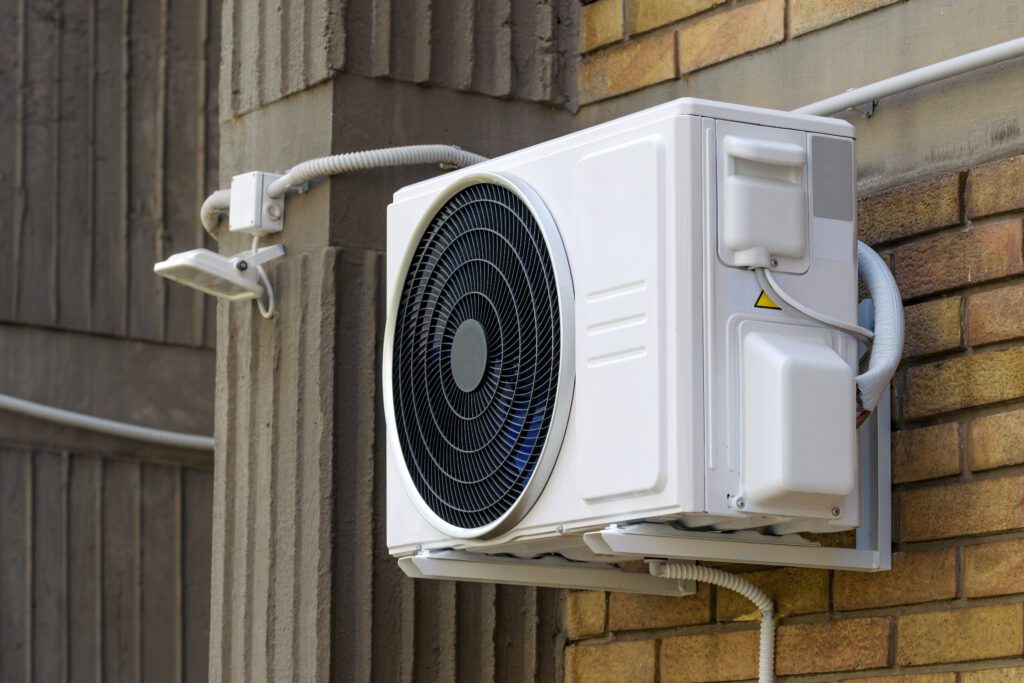
In addition to saving time, being proactive can also lead to significant cost savings. Here are some strategies to consider.
When to DIY and When to Call a Professional
Deciding whether to handle repairs yourself or to call in a professional can be daunting. Here’s a guideline:
- You can handle minor tasks like changing air filters, cleaning coils, and clearing debris.
- However, for any complex issues like refrigerant leaks, electrical problems, or if you notice strange noises, it’s best to call an expert.
Assessing your own skill level and the complexity of the issue can save you additional costs in the long run. Additionally, many homeowners find that attempting to fix complicated issues without the proper knowledge can lead to further damage, ultimately resulting in higher repair costs. It’s essential to weigh the potential risks against the savings you might achieve by going the DIY route.
Energy-Efficient Practices for Your AC
Adopting energy-efficient practices not only reduces your carbon footprint but also lowers your utility bills. Some useful practices include:
- Use Ceiling Fans: Supplement your AC with ceiling fans to enhance air circulation and feel cooler.
- Set the Thermostat Wisely: Keeping the thermostat set a few degrees higher when you’re away can lead to significant savings.
- Seal and Insulate: Ensure your home is properly sealed and insulated to reduce the workload on your AC unit.
Implementing these practices can drastically reduce energy consumption and overall costs associated with air conditioning repairs. Furthermore, regular maintenance checks, such as inspecting ductwork for leaks and ensuring that your system is charged with the correct amount of refrigerant, can prevent costly breakdowns. Many HVAC professionals recommend scheduling an annual tune-up to keep your system running efficiently and to catch any potential issues before they escalate into expensive repairs.
Choosing the Right AC Repair Service
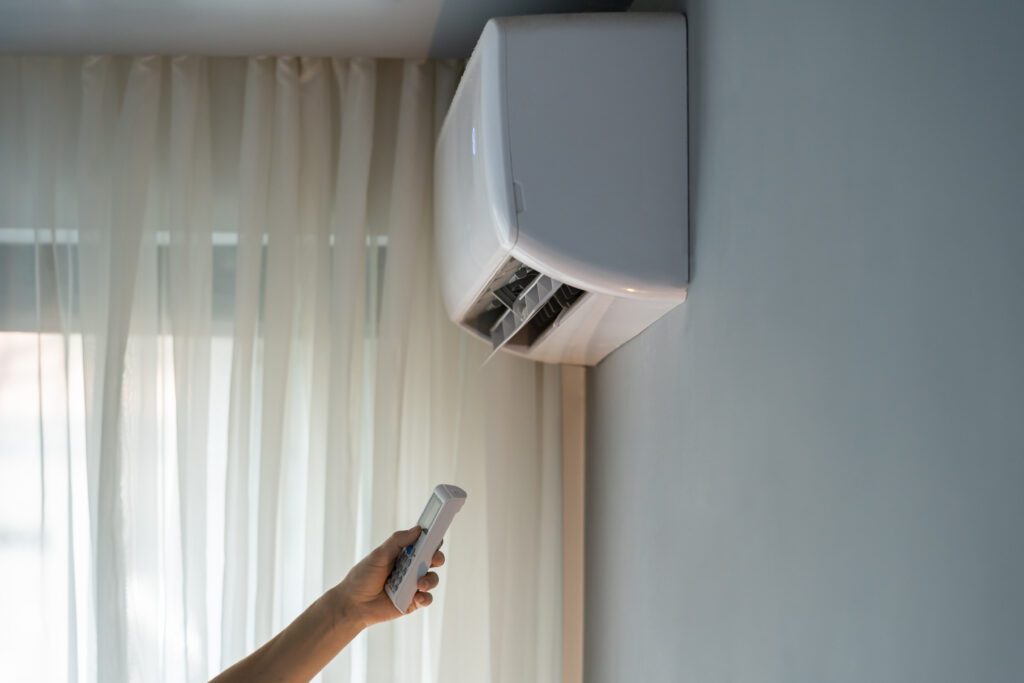
Selecting a competent AC repair service is essential for effective maintenance and repairs. Investing time in finding the right professionals can yield long-term benefits. A well-functioning air conditioning system is not just a luxury; it is a necessity, especially during the sweltering summer months. A reliable repair service ensures that your AC operates efficiently, helping to reduce energy costs and prolong the lifespan of the unit.
What to Look for in a Repair Service
When searching for an AC repair service, consider these factors:
- Experience and Reviews: Look for established companies with positive customer feedback and testimonials. A company with a solid track record is more likely to provide quality service.
- Licensing and Insurance: Ensure that the repair service has the appropriate licenses and insurance to protect against potential liabilities. This not only safeguards you but also indicates that the company adheres to industry standards.
- Transparent Pricing: Choose a service that provides clear and upfront pricing without hidden fees. Understanding the cost breakdown can help you avoid unexpected charges and budget accordingly.
These criteria can help ensure you select a reliable service that meets your repair needs effectively. Additionally, look for companies that offer emergency services, as AC breakdowns can happen unexpectedly, and having a dependable service on call can provide peace of mind.
Questions to Ask Your AC Repair Professional
Before hiring a repair professional, it’s crucial to ask relevant questions to gauge their expertise. Some key queries include:
- What is your experience with this type of AC unit? Understanding their familiarity with your specific model can indicate their ability to diagnose and fix issues efficiently.
- Can you provide references from previous clients? Speaking to past customers can give you insights into their work ethic and reliability.
- What warranties do you offer for your services? A good warranty can protect you from future expenses related to the repair.
Asking these questions can provide valuable insights into the professional’s capabilities and reliability, ensuring peace of mind in your decision. Furthermore, inquire about their approach to maintenance and whether they offer service contracts, which can help you keep your AC system in top shape year-round.
Understanding the specific services they provide, such as duct cleaning or refrigerant checks, can also be beneficial. Regular maintenance not only enhances efficiency but can also prevent costly repairs down the line. By being proactive and informed, you can ensure that your air conditioning system remains a source of comfort rather than a source of stress.

